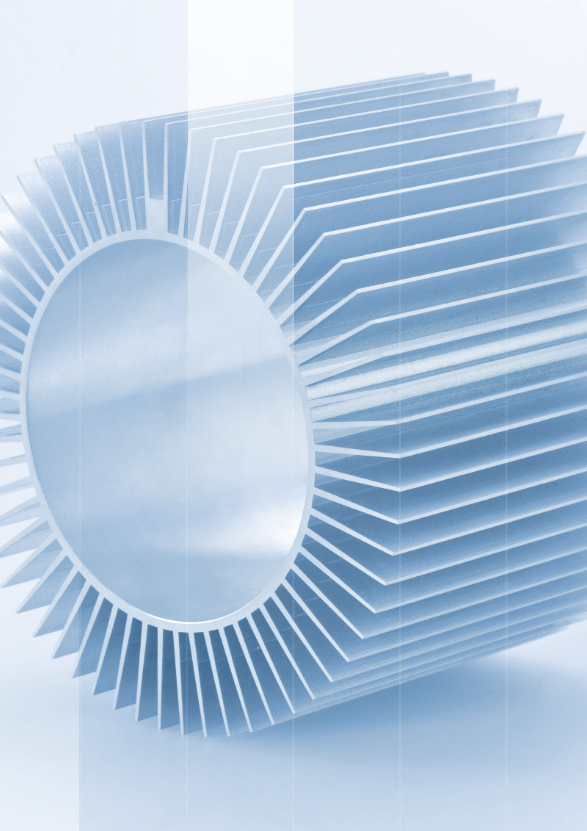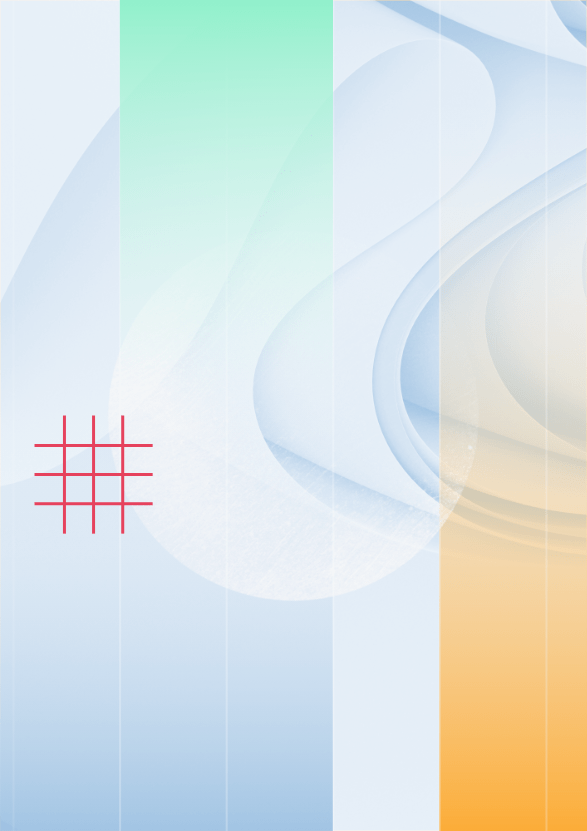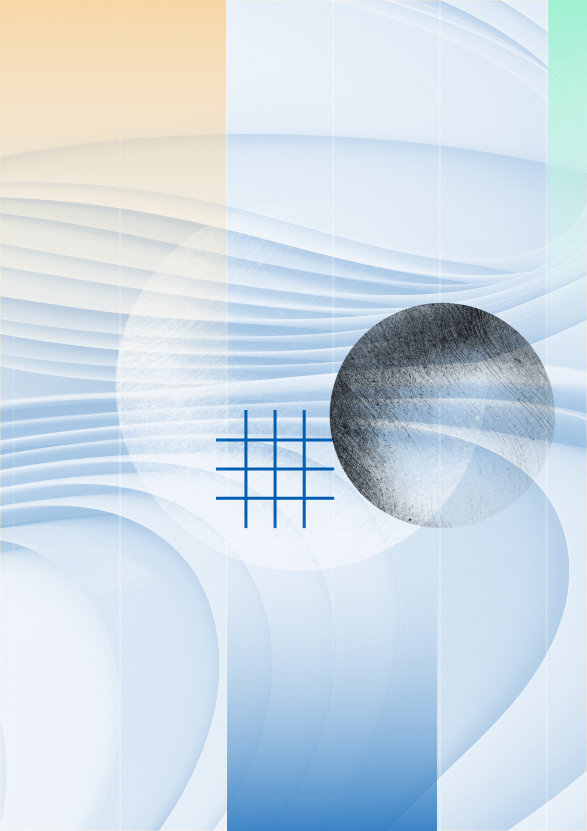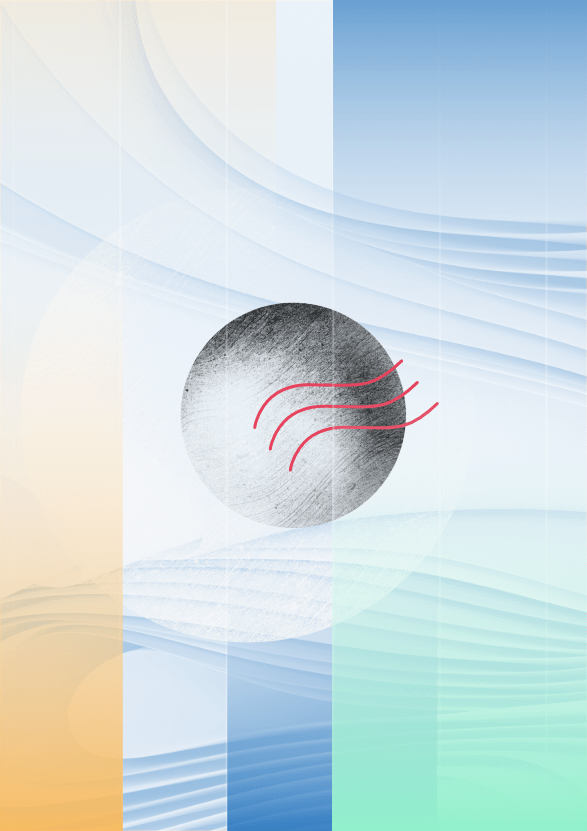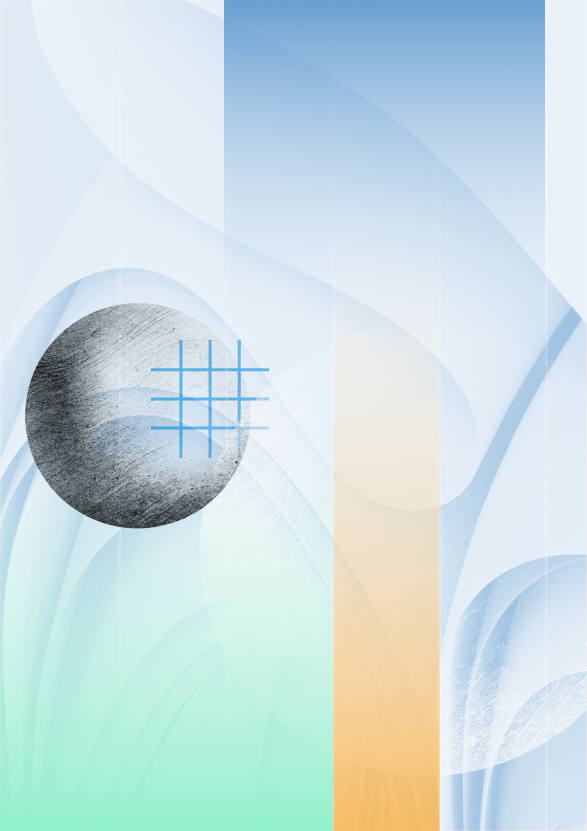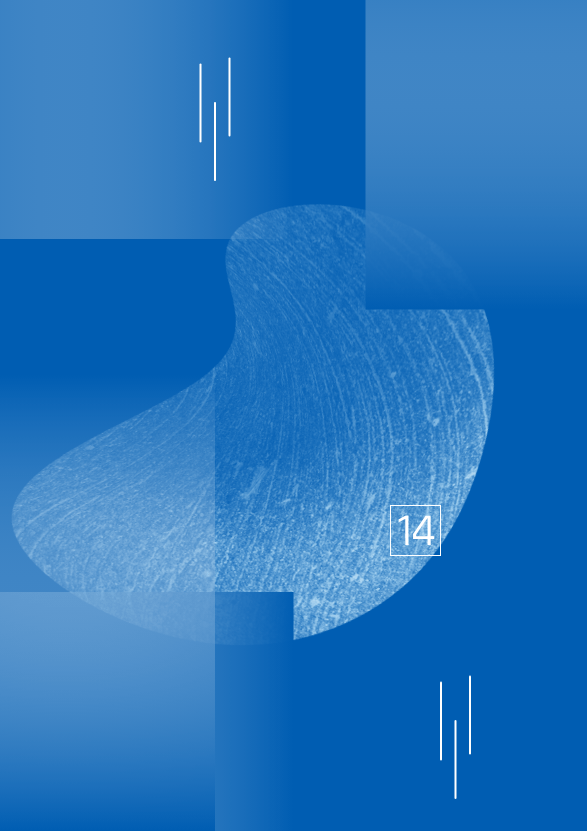

Disinformation in the Middle East war, conspiracy theories and hate messages – Newsletter #14
Dr. Kai Unzicker
Welcome to the 14th edition of our newsletter!
One month ago, on October 7, 2023, terrorist squads from Hamas infiltrated Israel and committed heinous and treacherous crimes against Jewish civilians. In the days and weeks that followed, the Israeli army launched attacks on Hamas positions in the Gaza Strip, resulting in an ongoing conflict in the Middle East. As the fighting continues, so does the spread of misinformation. Therefore, in this edition of our newsletter, we will focus on the issue of disinformation in the current Middle East conflict.
News Guard has examined the dissemination of ten false or unverified claims during the first week of the conflict on “X.” These ten pieces of misinformation received 1.3 million interactions (shares, likes, comments) within one week and were viewed over 100 million times. Alarmingly, only about one-third of these false claims were marked with a community note, which is meant to indicate their lack of credibility. Furthermore, it was revealed that nearly three-quarters of these false claims were spread by accounts with a blue checkmark, a symbol that used to signify credibility but has become questionable since it can now be obtained for a fee. Notably, even “super-spreaders,” accounts that disseminate false information widely and repeatedly, on “X” have blue checkmarks.
A study conducted by the ISD reveals that state actors are also spreading false information about the Gaza conflict. The ISD specifically examined accounts on social media associated with Iran, Russia, and China. Their conclusion is that these state actors are exploiting the chaotic situation to serve their own agendas. They disseminate anti-Western narratives, actively fuel hatred, and connect the Middle East conflict with other issues such as the Ukraine conflict.
Anti-Semitic conspiracy theories and hate messages are predominant among the false information related to the Gaza conflict. In an article, CeMAS points out that current developments in the Middle East and the accompanying false information align with traditional anti-Semitic conspiracy narratives, making them spread rapidly. Both the German-speaking conspiracy theorist community and Islamist actors, according to CeMAS, have drawn upon these narratives. There is a wealth of material on identifying and combating antisemitism, including information from the Amadeu Antonio Foundation, which provides a compilation of common codes and metaphors that are increasingly appearing in connection with the Gaza conflict.
To protect yourself, the Center for Countering Digital Hate has compiled a brief list of important guidelines on how to deal with the increased prevalence of false information and propaganda. One of the most crucial pieces of advice is: If you cannot verify the accuracy of information and it’s unclear whether sharing it would be helpful, refrain from sharing it. This especially applies to graphic depictions of violence.
Last but not least, I would like to highlight a special section by the investigative network Correctiv. It contains all the fact-checks and investigations related to the Middle East and is regularly updated. If you are uncertain about the accuracy of information, it is worthwhile to consult this resource (only in German).
Warmly Kai
